USA Authorities
USA Authorities
How can we help you?
Contact compliance4u Trucking Experts today to discuss your query.
Types of USA Authorities
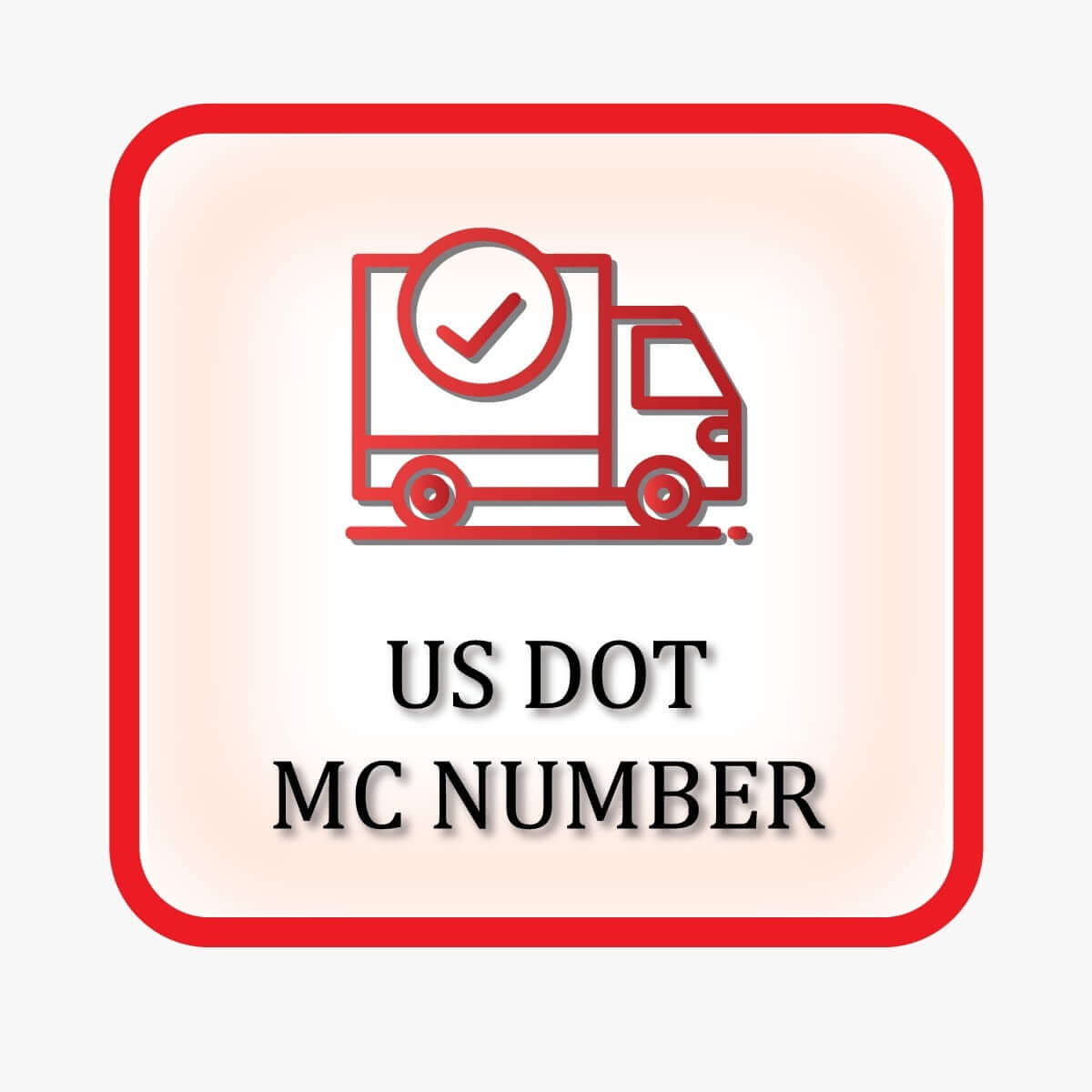
US DOT MC Number
Carriers engaged in interstate commerce are identified by their US DOT numbers, whereas carriers that transport regulated goods for hire in interstate commerce are identified by their MC numbers. Items that have undergone modifications from their original state are often classified as controlled commodities and need an MC number.
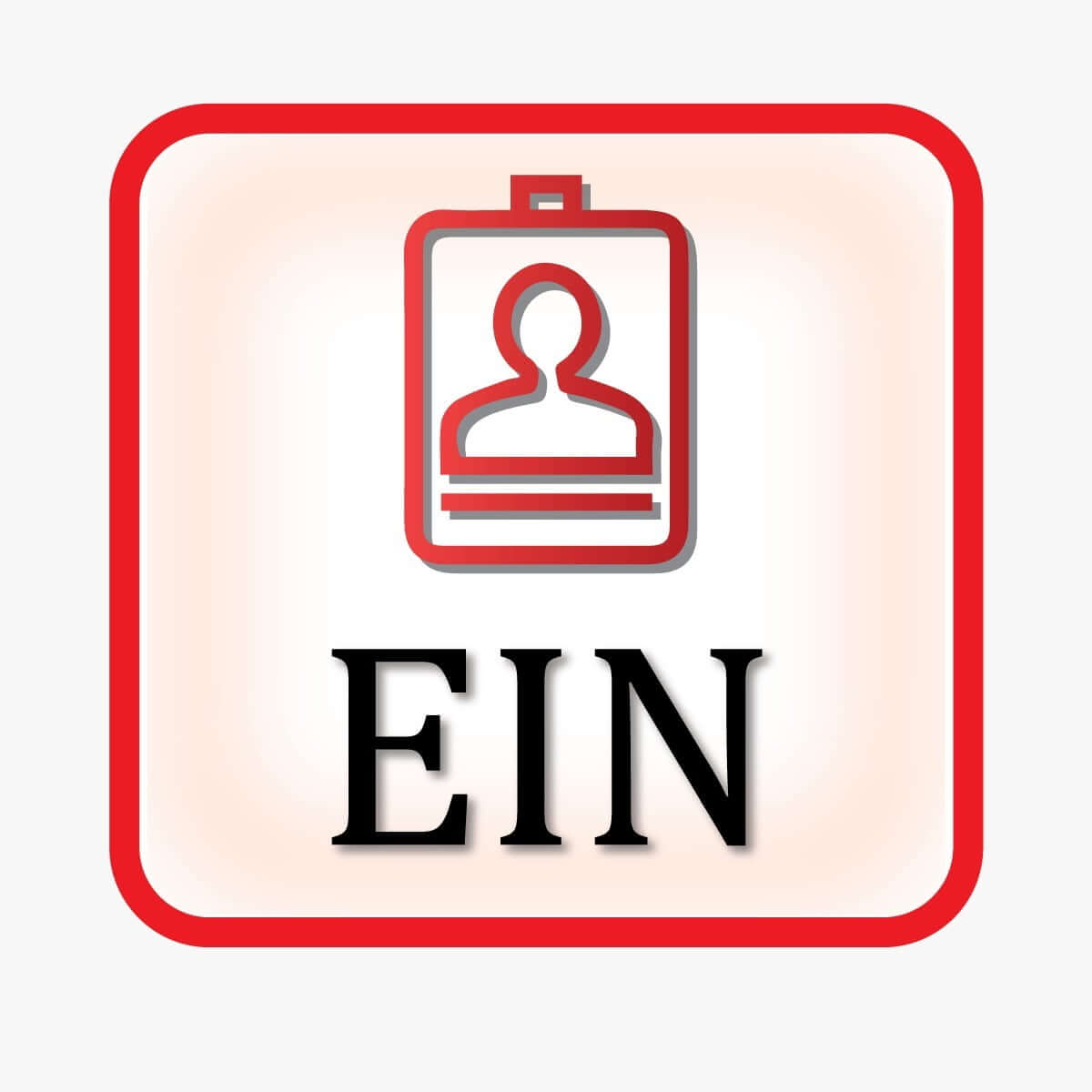
EIN
The Internal Revenue Service assigns a unique nine-digit number to company entities operating in the United States for identifying purposes. This number is known as the Employer identifying Number, Federal Employer Identification Number, or Federal Tax Identification Number.
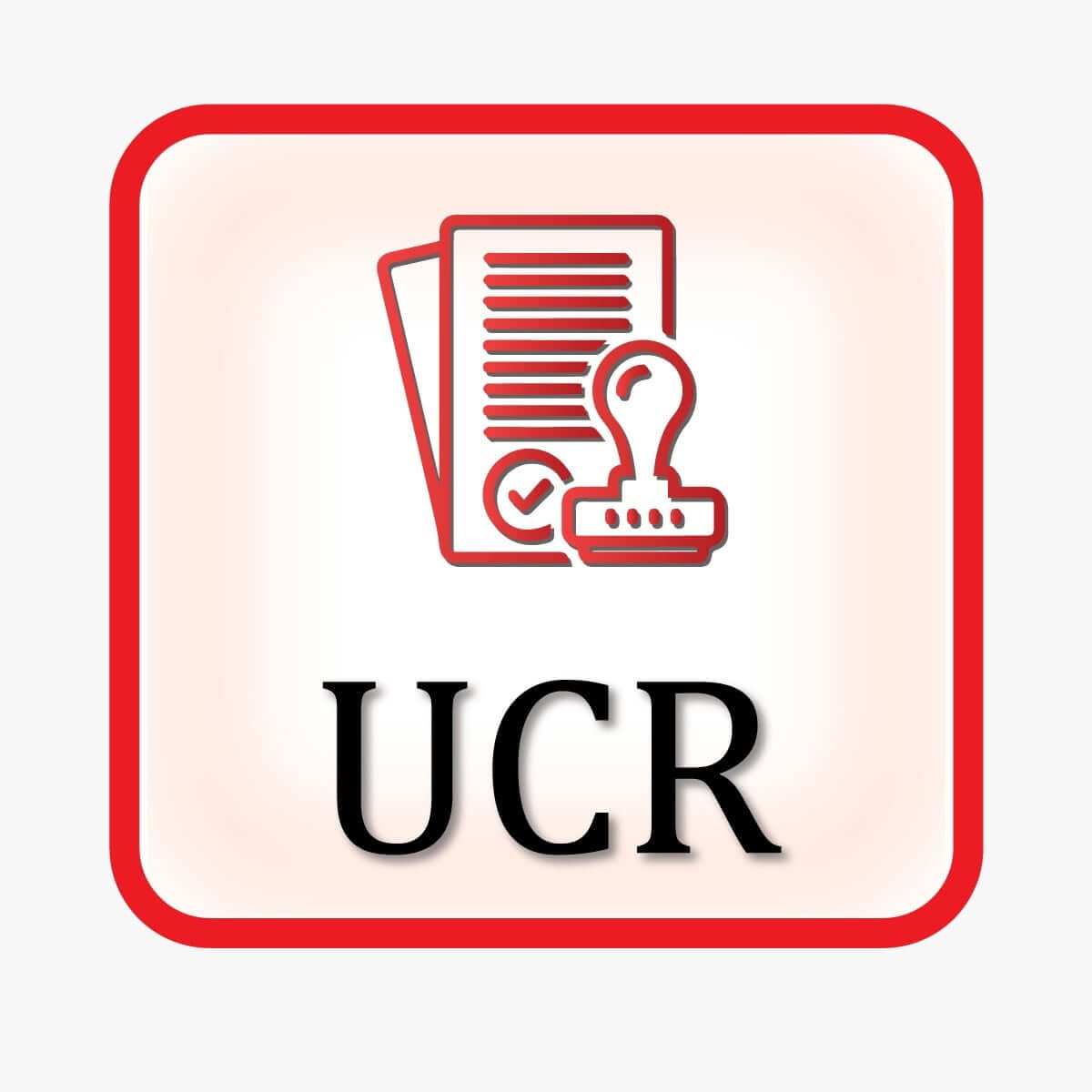
UCR
Simply said, carriers must pay the UCR fees in order to engage in interstate commerce within the United States. Your USDOT number is used to electronically check for on-road enforcement. Every December 31st, UCR is renewed; the cost is determined by the fleet’s total number of trucks.
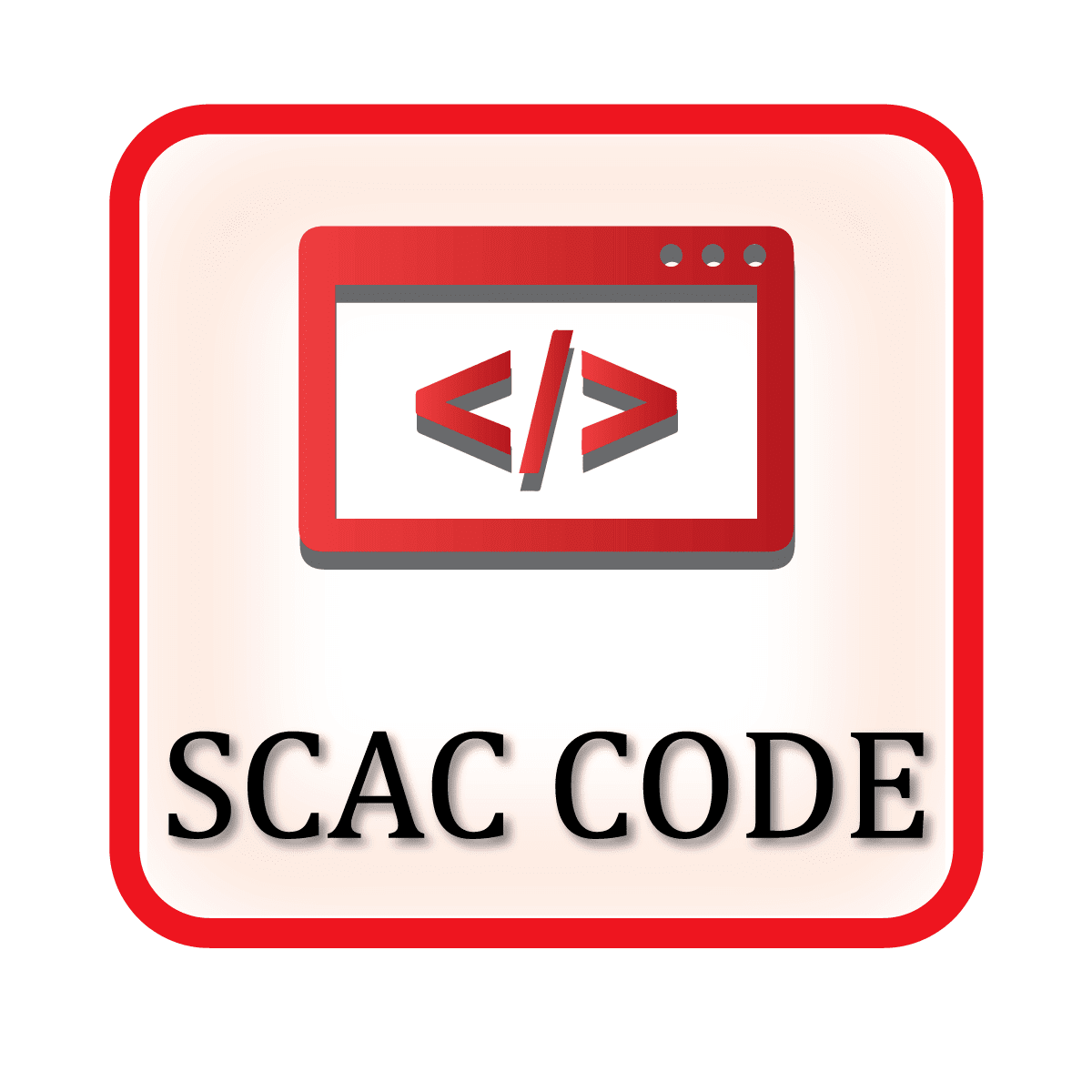
SCAC CODE
A privately owned US identifier used to identify vessels operating common carriers is called the Standard Carrier Alpha identifier. Usually, it consists of two or four letters. The SCAC code was created by the National Motor Freight Traffic Association in the 1960s to assist road transport businesses in computerizing records and data.
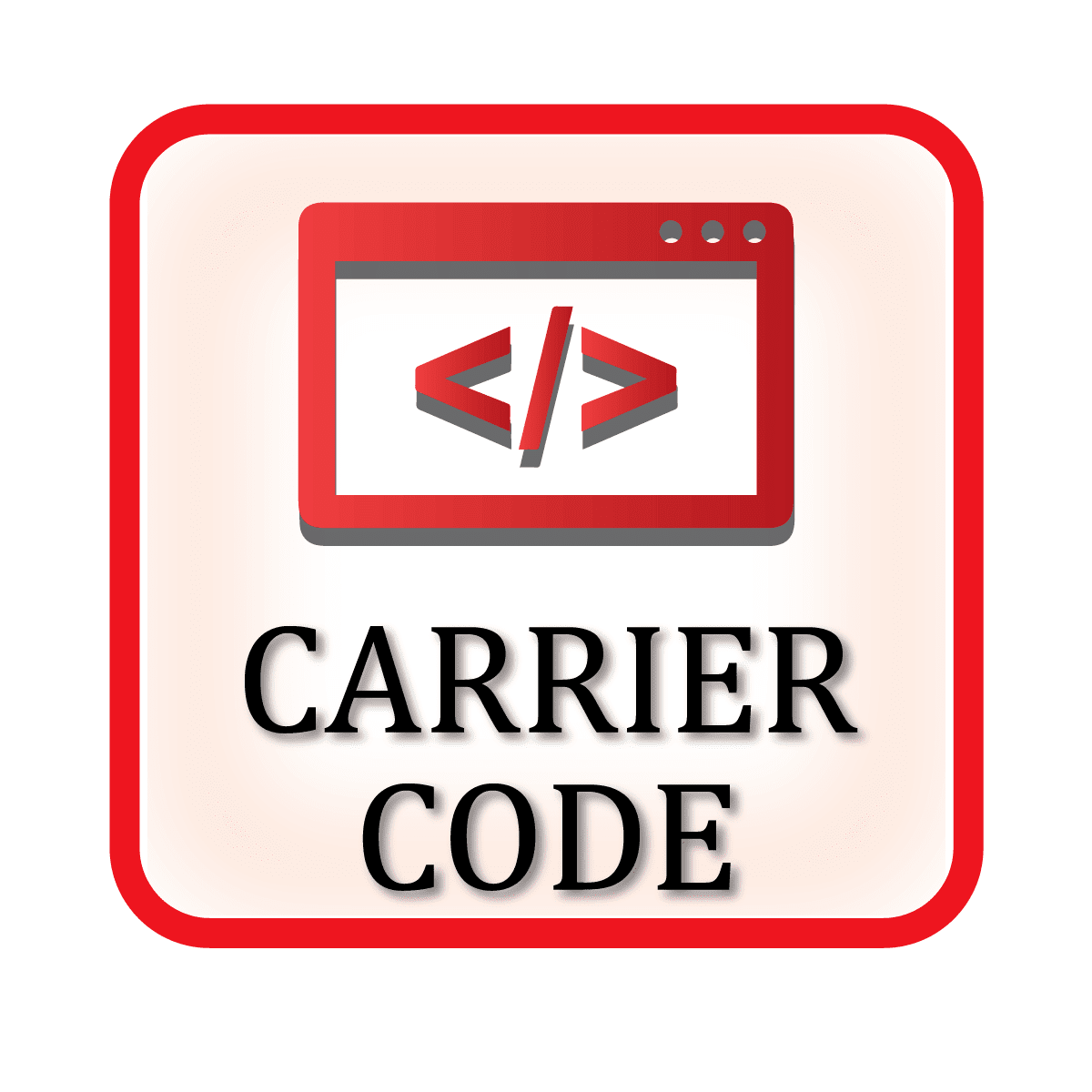
CARRIER CODE
A carrier code is a four-character unique identifier that is assigned by the CBSA to identify a carrier while crossing borders. Only one carrier code is issued to each legal entity. It is of two types – Bonded and Non-Bonded Carrier Code.
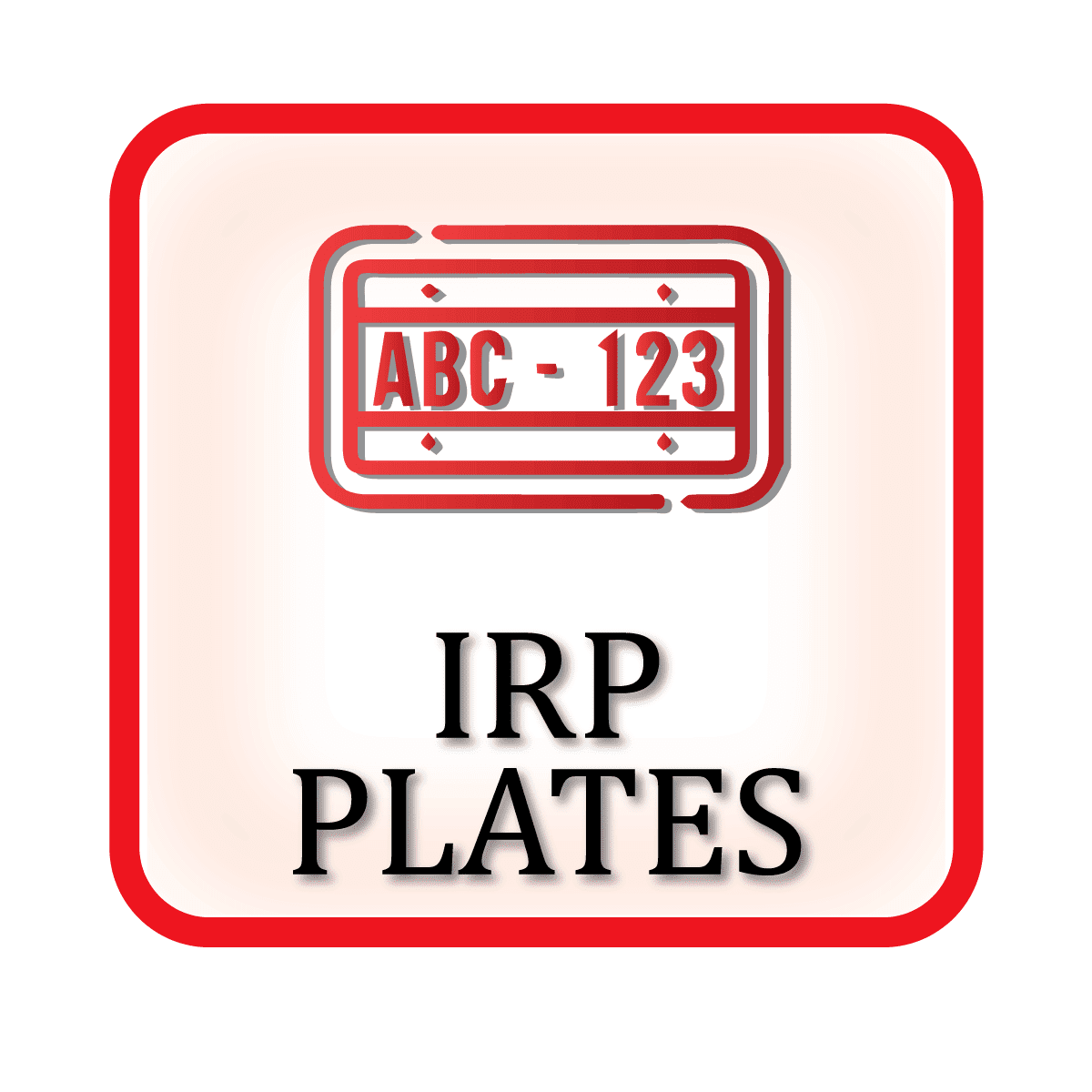
IRP Plates
IRP Plates (The International Registration Plan)is an agreement between certain Canadian provinces and U.S. states that distributes commercial vehicle registration fees based on the total distance travelled in each place.

Weight Distance Tax
The weight-mile tax applies to vehicles in commercial operations on public roads within Oregon with a registered weight over 26,000 pounds. Motor carriers with established accounts must enrol all weight-mile tax qualified vehicles under the account and pay the weight-mile tax on a tax report. Failure to file reports may result in the suspension of the account. A carrier filing reports after the due date must include a late payment charge equal to 10% of the late tax.
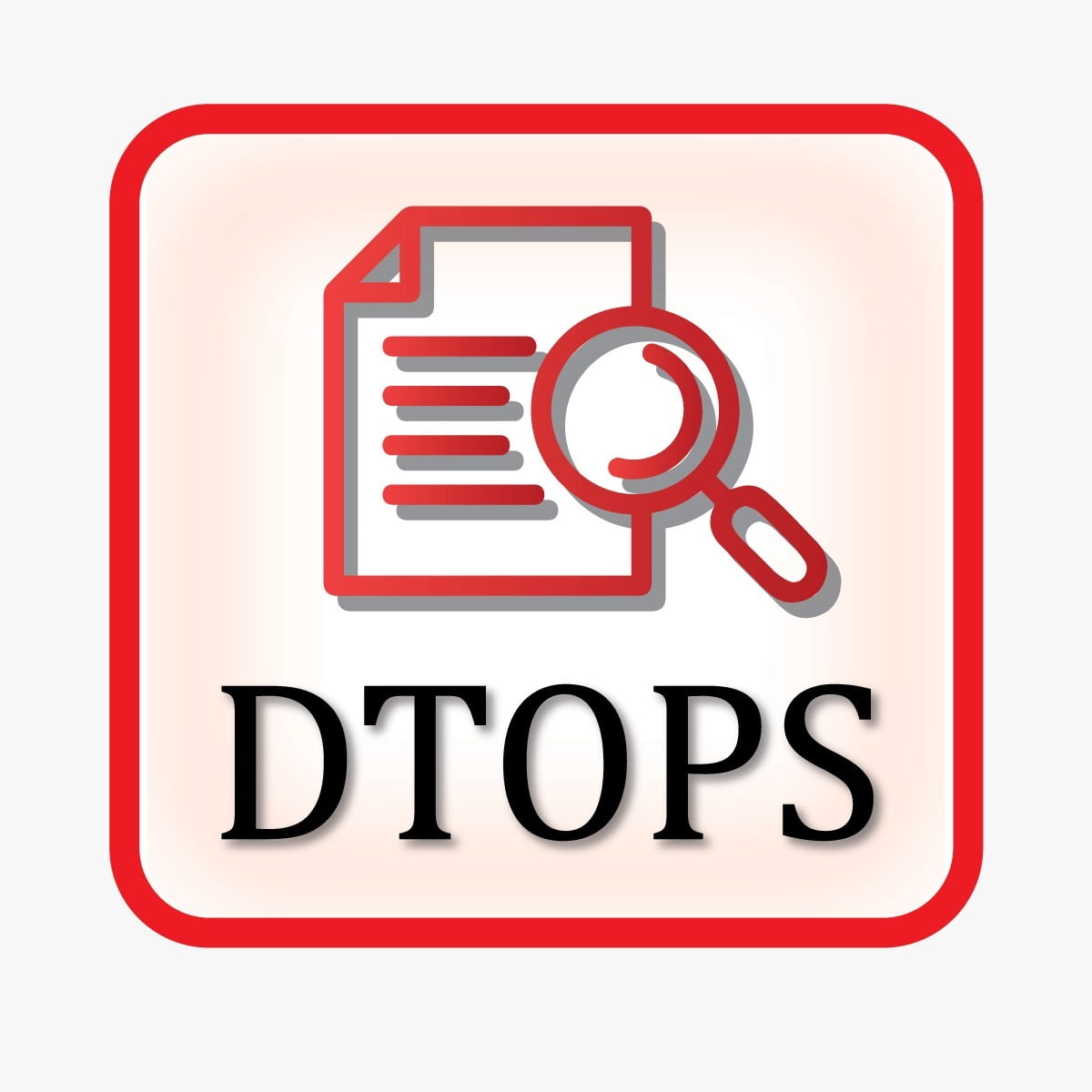
DTOPS
The Decal and Transponder Online Procurement System lets you place orders and pay online for annual user fees and single crossing fees associated with crossing the border into the United States. DTOPS makes it faster and easier for commercial vehicles to cross the U.S. border.
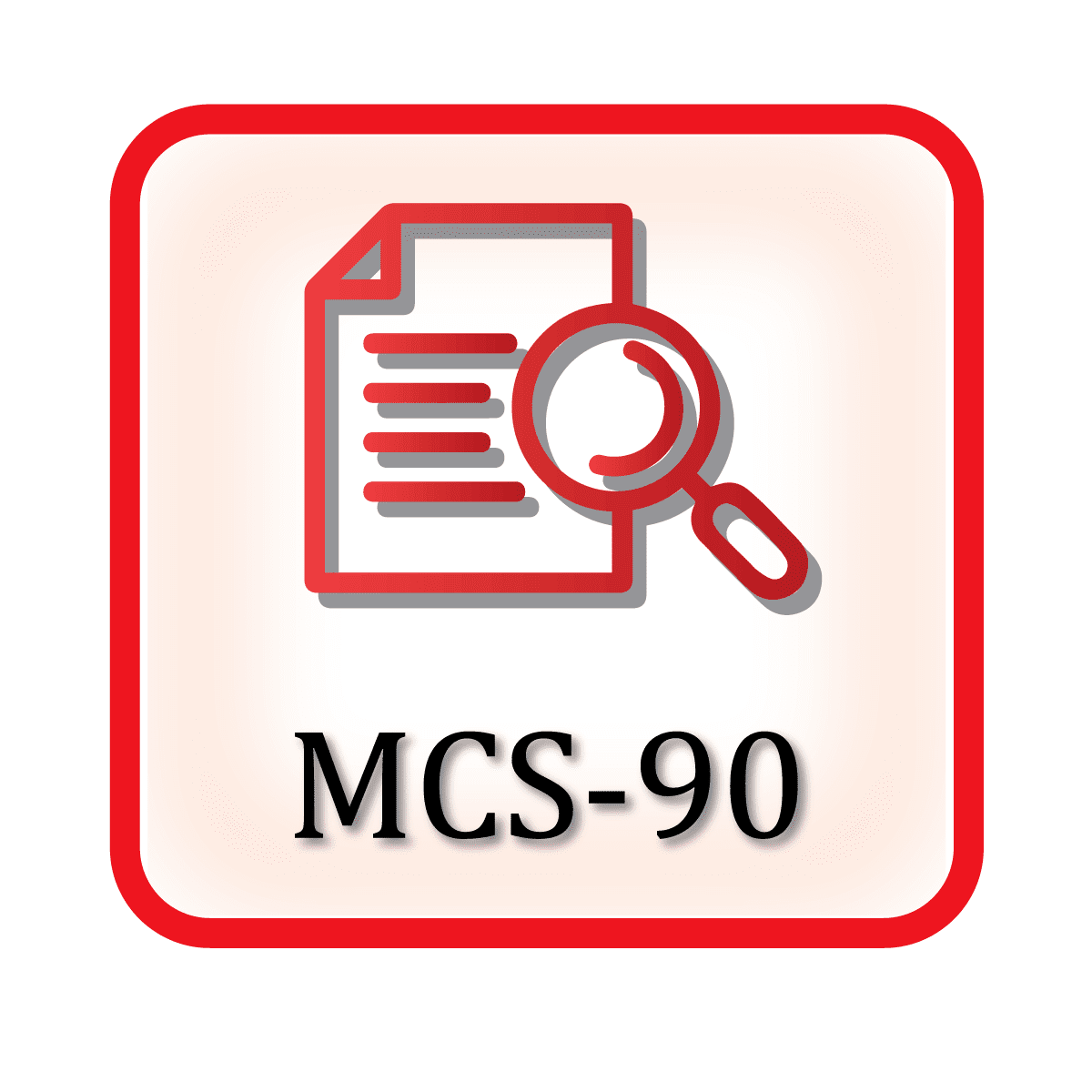
MCS-90
You can edit text on your website by double clicking on a text box on your website. Alternatively, when you select a text box a settings menu will appear. your website by double clicking on a text box on your website. Alternatively, when you select a text box.
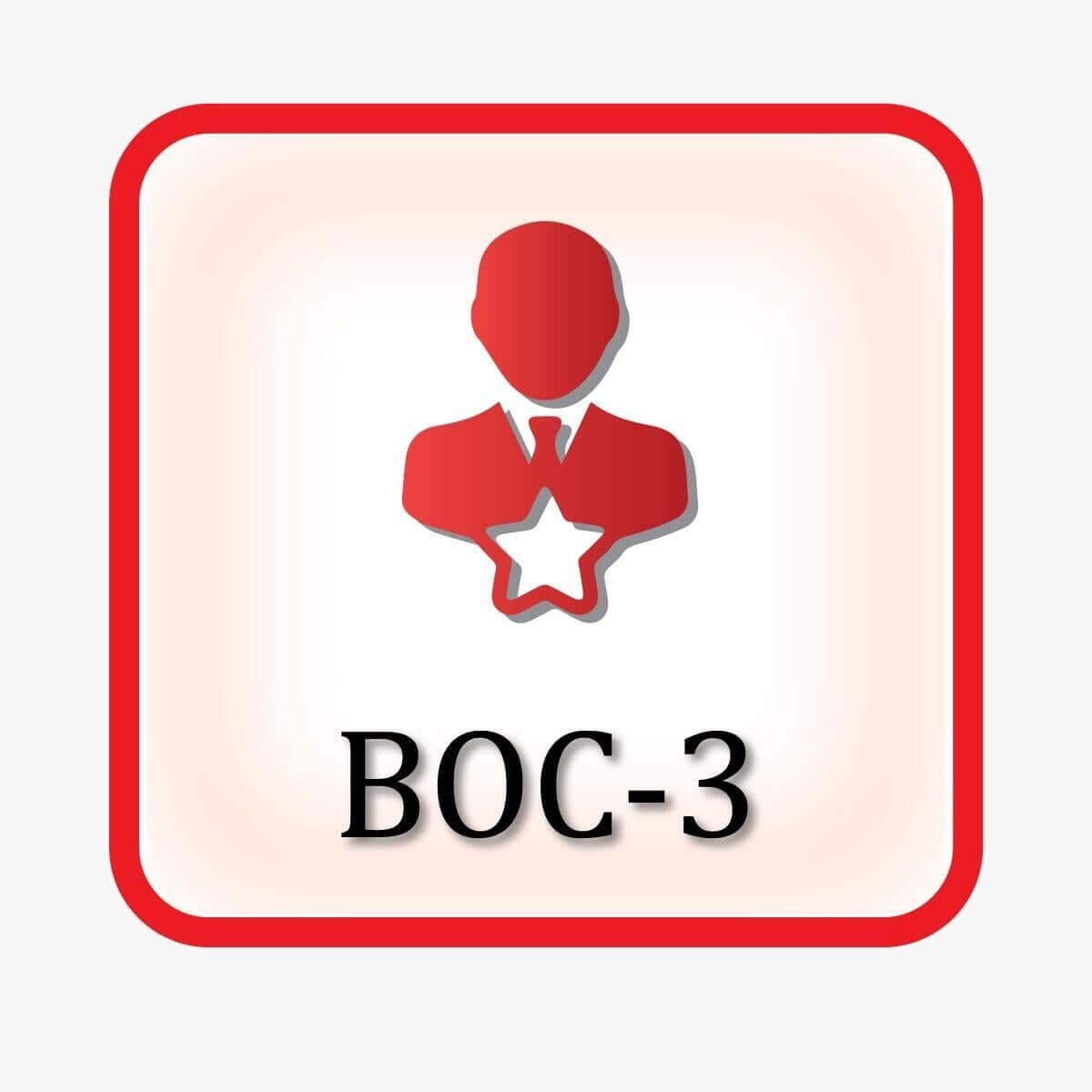
BOC-3
BOC -3 Filings are required by the FMCSA regulations governing the designation of persons upon whom process may be served are prescribed at 49 CFR 366. An agent must be designated for each state in or through which the carrier, broker, or freight forwarder operates; each person, association or corporation designated must reside in the state for which designated.
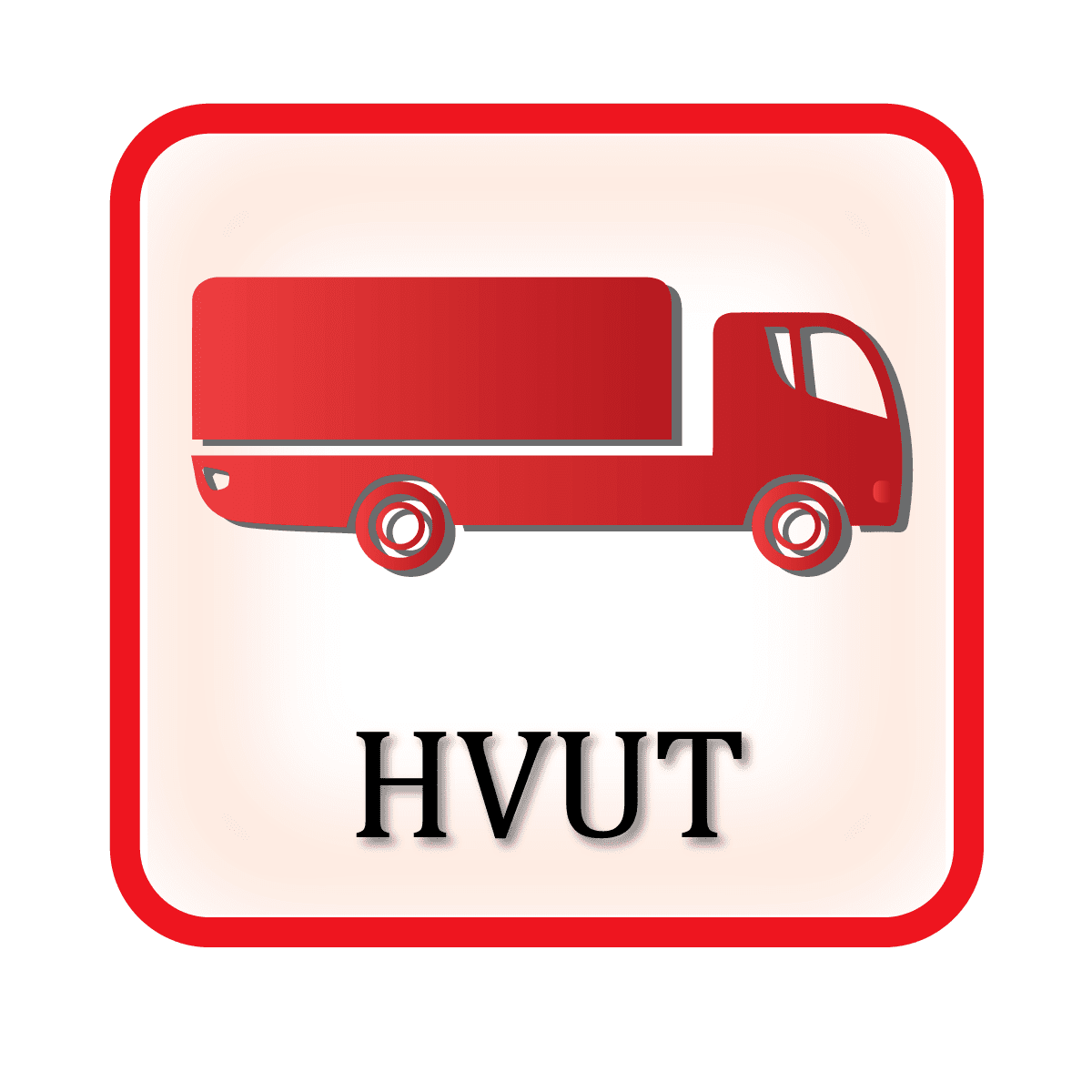
HVUT
The Heavy Vehicle Use Tax (HVUT) is an excise tax assessed on vehicles with a gross weight of 55,000 lbs and more that use public highways. Tax form 2290 must be filed according to the rules established by the Internal Revenue Service (IRS). PSTC can help you meet your company’s tax obligation quickly and easily.

Drug & Alcohol Clearing House
The Clearinghouse enables employers to identify drivers who commit a drug and alcohol program violation while working for one employer, but who fail to subsequently inform another employer (as required by current regulations).
